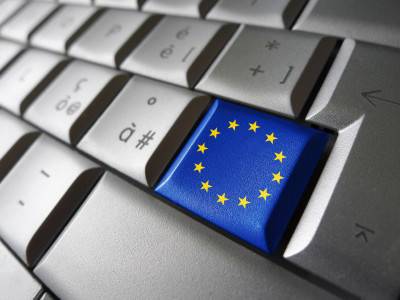For Europe to remain a technological leader it needs to ensure the Internet of Things (IoT) and 5G systems are allowed to become the foundation that future wireless standards are built on, according to Qualcomm Technologies Inc.
In an Euractiv editorial, Qualcomm’s Wassim Chourbaji, writes that Europe’s ambitious Digital Single Market (DSM) strategy aims to boost the continent’s economic growth and competitiveness. But the Vice President for Government Affairs and Public Policy for the Europe, Middle East and North Africa (EMENA) region urged Europe to implement standards quickly in order to battle IoT fragmentation and technological silos.
See also: Can Wi-Fi industry keep up with IoT?
“The DSM is the EU’s best shot at playing a leading commercial role in developing technology for the emerging IoT and for 5G wireless communication,” he said. “But it all depends on what for most people is an obscure area of policy; technology standards.”
He said it was reassuring that the European Commission recently recognized standards as the foundation of an effective DSM.
“They guarantee that technologies work smoothly and reliably together, provide economies of scale, foster research and innovation and keep markets open,” said the European Commission Vice President for the DSM Andrus Ansip last week.
“If we are to avoid missing out on the tremendous business and employment opportunities that digitizing industry will bring, there is no time to lose.”
Qualcomm: 5G standards will need to be even more reliable
Chourbaji said that 5G standards will need to be even more secure and reliable than earlier 3G and 4G (LTE) standards to guarantee smart homes, connected cars and industrial IoT seamlessly communicate with each other.
But he echoed the Commission’s warning that the current environment for IoT standards is dangerously fragmented because of the proliferation of semi-closed or proprietary solutions that are competing with existing standards. An open approach to standards is the solution to cutting across such digital silos.
“The most important policy ingredient to achieve this goal is a balanced framework for intellectual property rights,” said Chourbaji. “Balance assures technology companies a fair return on their investment if the standard is commercialized while enabling product companies to get fair and easy access to the technology.”
He said that most critical component of maintaining balance is to keep standardization as a voluntary process “that later makes possible negotiations between individual technology-inventing companies and product-making companies so they can reach a fair price for the use of the new technologies.”

















